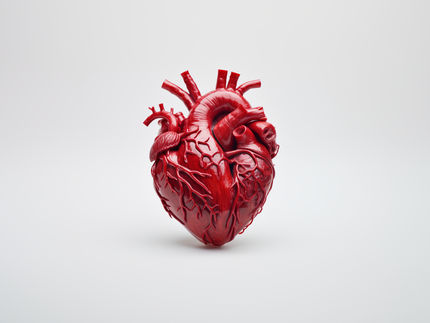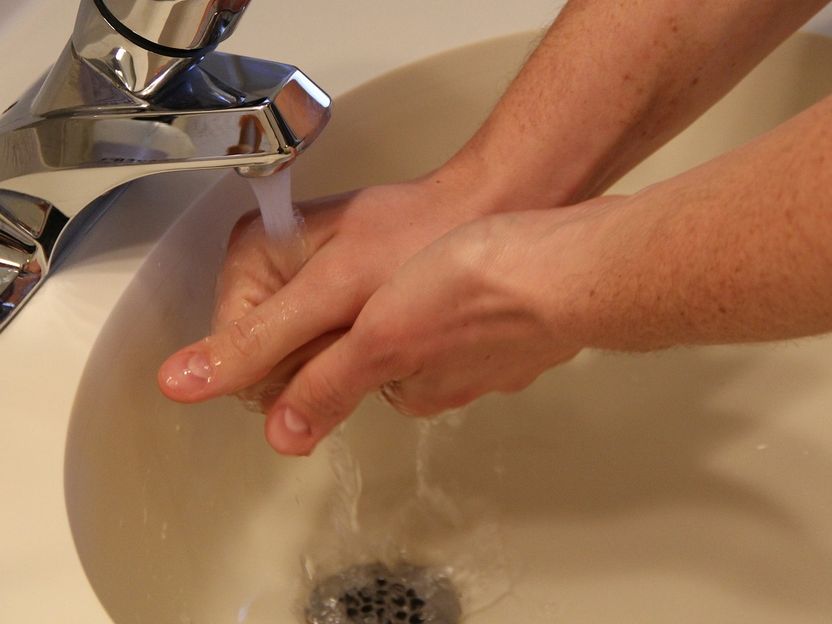Genes in female and male hearts react differently to heart valve defects
When the heart valve between the aorta and the left ventricle is narrowed, i.e. aortic valve stenosis is present, different genes are active in men than in women. Scientists of the German Centre for Cardiovascular Research (DZHK) at Charité – Universitätsmedizin Berlin have discovered this for the first time. Future research can be planned more precisely according to these results and could thus lead to individually tailored therapies for women and men.
"In cardiovascular diseases, there are marked differences between men and women," says Professor Dr. Georgios Kararigas, DZHK scientist, who conducted his study at Charité. An example is aortic valve stenosis, whose progression is usually worse in male patients than in female patients. A narrowed heart valve causes an unhealthy, excessive heart growth in both sexes, the so-called hypertrophy. This impairs the heart function and, in the worst case, it can lead to heart failure. In men, however, this growth and the associated restructuring processes are less favourable than in women. "There is an unsolved clinical problem here, the molecular causes of which we have investigated," says Kararigas.
The researchers are the first to show that different genes are active in the heart muscle cells of male patients with aortic valve stenosis than in women. These are genes that are linked to pathological remodelling processes in the heart. Two genes that code for inflammatory factors were also strikingly differently regulated. "This is new, because little has been known that inflammatory processes might be important for the heart function of patients with aortic valve stenosis," said Kararigas. The analysis of the clinical data showed that patients with greater activation of the inflammatory genes had poorer cardiac function, and these were always male patients.
For their pilot study, the Kararigas and his team analysed the gene expression in isolated heart muscle cells. This distinguishes their work from previous studies, where the different cell types of heart tissue were not examined separately. The analysed cells originated from heart biopsies of 17 female and 17 male patients who received a heart valve replacement.
Few women in clinical trials
The results of the study suggest that remodelling processes in female and male hearts occur via different mechanisms. "Our current knowledge of the mechanisms involved in heart diseases is based on studies in which predominantly male patients have participated. We are now asking ourselves to what extent these results are actually relevant for women, since it appears that different processes are active in their hearts," says Kararigas. He considers that larger studies underpinning his findings, as well as studies specifically involving female patients, are urgently needed. Women and men would benefit from this.
In addition to the biological differences caused by sex hormones and sex chromosomes, there are also socio-cultural influences. All these factors interact together so that various diseases progress differently according to sex/gender. Kararigas hopes that these differences will be taken into account more frequently in clinical studies so that men and women can receive optimal medical care.
Original publication
Other news from the department science

Get the life science industry in your inbox
By submitting this form you agree that LUMITOS AG will send you the newsletter(s) selected above by email. Your data will not be passed on to third parties. Your data will be stored and processed in accordance with our data protection regulations. LUMITOS may contact you by email for the purpose of advertising or market and opinion surveys. You can revoke your consent at any time without giving reasons to LUMITOS AG, Ernst-Augustin-Str. 2, 12489 Berlin, Germany or by e-mail at revoke@lumitos.com with effect for the future. In addition, each email contains a link to unsubscribe from the corresponding newsletter.




















































